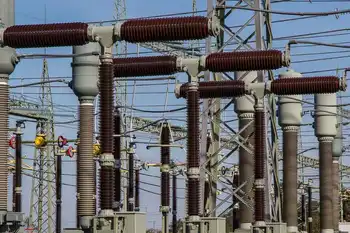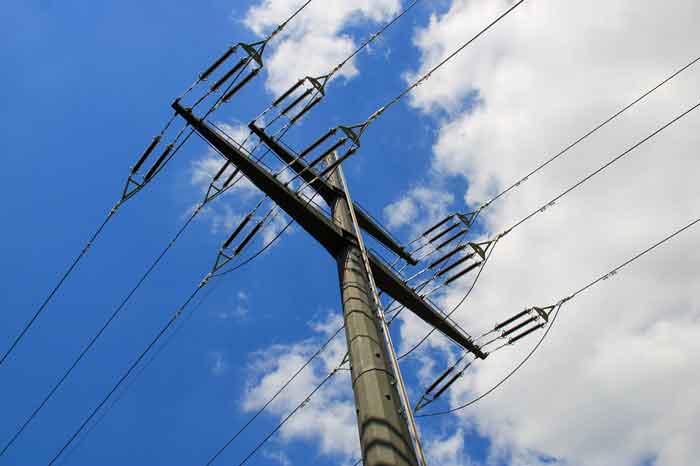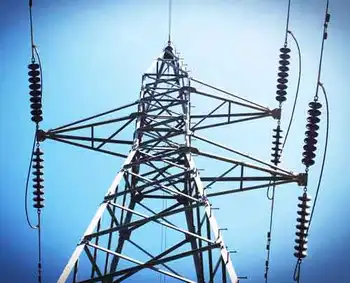Agency urges new focus on green tech
By Globe and Mail
Substation Relay Protection Training
Our customized live online or in‑person group training can be delivered to your staff at your location.

- Live Online
- 12 hours Instructor-led
- Group Training Available
In Canada, a primary problem is that companies across the economy arent buying new technology for productivity gains, as Bank of Canada Governor Mark Carney noted to business leaders. And upstart cleantech companies suffer from the lack of domestic buying support as they try to establish themselves.
Canadians dont seem to want to buy from their own companies, said Vicky Sharpe, chief executive officer of federal agency Sustainable Development Technology Canada.
The organization presented its comprehensive survey of Canadas clean technology companies and guide for upstarts at Globe 2010, a major biennial greenbusiness conference in Vancouver.
The federal government report set a goal of 20 Canadian cleantech companies with $100million in annual revenue by 2020. Growth is rapid: sales of the average company are expected to double in the next two years. But five out of six firms report nominal revenue in the $5million range.
General Electric Co., in contrast, this week noted in a presentation it plans to spend $10billion US on greenrelated research and development in the next five years, a sixfold increase of what it spent in the past five years.
In the assessment of Canadas cleantech industry, a grade of Bminus was issued. While better grades like Aminus were given for items such as the export focus of Canadas upstarts, the absence of a critical mass of highgrowth companies who could become global leaders or others that could become nichefocused specialists is a glaring weakness.
For Canada, success in the rapidly emerging and amorphous realm of clean technology and green capitalism is crucial for future economic growth, particularly in provinces like Ontario and British Columbia, which are seeing the withering of old foundational industries of manufacturing and forestry. But Ontario and B.C. are fighting for a position in the global cleantech world and competition is fierce, clearly demonstrated in a new report on the clean energy race from Washingtonbased Pew Charitable Trusts.
Pew forecast growth of 25 per cent in clean energy investments to $200billion US this year.
Canada, in 2009, had $3.3billion invested in clean energy, from debt financing to initial public offerings, up 80 per cent from 2008.
The $3.3billion ranked Canada No. 8 among Group of 20 countries. As a percentage of gross domestic product, Canada ranked No. 6.
China led with $34.6billion, displacing longtime investing leader the U.S., which was second at $18.6billion. The torrent of money pushed Chinas renewable energy capacity to 52.5 gigawatts, just behind the U.S. at 53.4. Canada is a distant 12th with 7.6.
One big problem in Canada is the federal government, said Phyllis Cuttino, a Pew executive. The provinces — like Ontario and B.C. — were credited for strong support for sectors such as wind and smallscale hydro.
Canada would do well to implement national clean energy politics in order to more effectively compete in the global clean energy economy, Ms. Cuttino said in a statement.
One area where Canada ranks well is public market offerings, which came in at $1billion in 2009, behind only the China and the U.S.
Responding to demand, Standard & Poors unveiled the S&P/TSX clean technology index, a gauge of 21 firms that includes companies such as naturalgas engine designer Westport Innovations Inc.
The Toronto Stock Exchange has become a key listing, financing and trading destination for cleantech, asserted exchange senior vicepresident Ungad Chadda, calling the new index a significant step forward for this important new industry sector.
The cleantech index, like all other indexes such as the energy index or the S&P/TSX composite, will provide the basis for companies to sell funds to investors.











